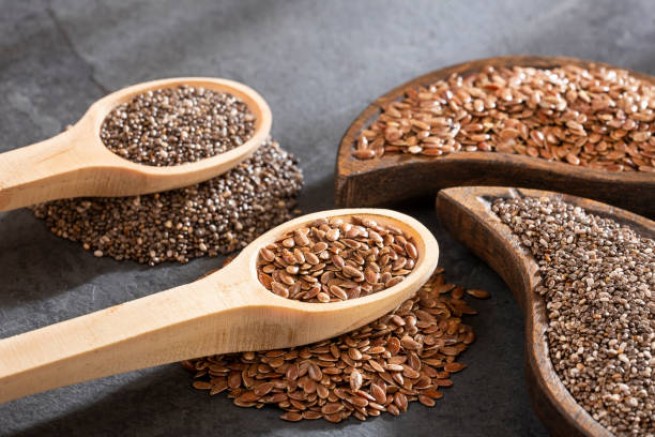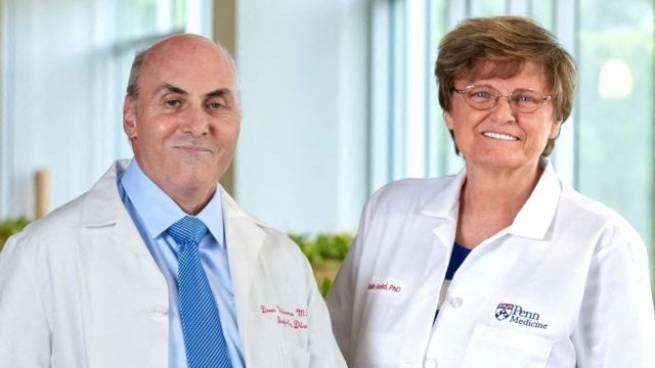Scientists from the USA and Hungary have won the Nobel Prize in Physiology or Medicine for their discovery that led to the development of effective mRNA vaccines against COVID-19.
The award was received by Hungarian scientist Katalin Kariko and US PhD candidate Drew Weissman, reported on the official website of the Nobel Foundation. The names of the laureates were announced in Sweden and Norway on the first day of Nobel week, October 2.
The report notes that the discovery of two Nobel laureates was critical to the development of effective mRNA vaccines against COVID-19 during the pandemic that began in early 2020:
“With groundbreaking discoveries that fundamentally changed our understanding of how mRNA interacts with the immune system, the honorees have contributed to an unprecedented pace of vaccine development during one of the greatest threats to human health of our time.”
68-year-old Katalin Kariko was born in Szolnok, Hungary. In 1982 she received her PhD from the University of Szeged, then did research at the Hungarian Academy of Sciences. After 1985, Katalin moved to Philadelphia (USA), where she conducted doctoral studies at Temple University and Bethesda University of Health Sciences.
In 1989, Kariko was appointed assistant professor at the University of Pennsylvania. She held this position until 2013. She became vice president and later senior vice president of BioNTech RNA Pharmaceuticals. Since 2021, Katalin is a professor at the University of Szeged and an adjunct professor at the Perelman School of Medicine at the University of Pennsylvania.
64-year-old Drew Weissman was born in Lexington, Massachusetts. In 1987, he received his M.D. and Ph.D. degrees from Boston University. The scientist completed clinical training at Beth Israel Deaconess Medical Center at Harvard Medical School and postdoctoral research at the National Institutes of Health. In 1997, Weissman established his research group at the Perelman School of Medicine at the University of Pennsylvania. He is the director of the Pennsylvania Institute for RNA Innovation.
Let us remind you: the RNA vaccine, unlike all traditional ones, does not contain virus protein. It has genetic instructions that “train” our body to secrete these proteins, and at the same time produce protective antibodies to overcome the pathogen. According to scientists at the University of Cambridge, among the advantages of an RNA vaccine is the ability to produce it relatively quickly and cheaply. The RNA vaccine may also be safer than other types of vaccines.







More Stories
Greece lifts all protective measures against Covid-19
AstraZeneca admitted that its Covid-19 vaccine… kills
Shocking report from Japanese scientists: “Cancer deaths increase sharply after mass Covid vaccination”